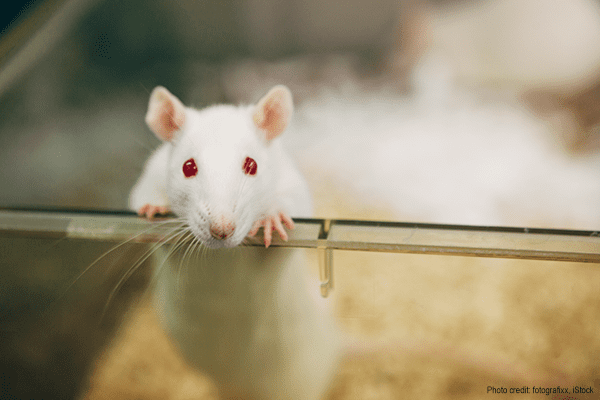
Our Global Awareness campaign, targeting a worldwide audience, is committed to identifying and supporting creative solutions to produce a sustainable world for future generations. WBI distributes reliable, accurate, and trusted information via its digital repository, website, social media, newsletters, in-person presentations, and other outreach channels.
The Global Awareness focus areas include wildlife and environment, human happiness, companion animals, climate change and biodiversity, animal use in laboratories, and land use and food systems.

Education
WBI produces 22 email newsletters annually, eleven WellBeing News issues, and eleven Tales of WellBeing issues. Each newsletter includes three articles covering core WBI topics and issues that WBI believes would interest subscribers and, through social media and search engines, the larger community. Additional topics covered in the newsletters include climate change, land use and food supply, cat management, subjective well-being, and laboratory animal use.

WBI has and will continue to devote resources to UN discussions of the role of animal welfare following the UNEA-5 resolution passed in 2022 that calls on the UN Environment Program (UNEP) to examine the “nexus between animal welfare, the environment, and sustainable development.” The UNEA resolution is important because it can potentially elevate animal welfare discussions at UNEP and other UN agencies. WBI has produced an extensive resource document with input from transformative experts on the nexus between animal welfare, environmental well-being, and sustainable development.

Animal Sentience
The journal Animal Sentience, housed in the WBI Studies Repository, is a vital resource (and citable authority) supporting attention to animal well-being of many vertebrate and invertebrate species. The journal’s Editor-in-Chief is an internationally renowned cognitive scientist who was the editor-in-chief of Behavioral and Brain Science from its founding in 1978 up to 2003. Animal Sentience and WBI collaborated on several webinars examining how legislation recognizing animal sentience has affected the actual treatment of animals in relevant jurisdictions (e.g., the EU, Quebec, Oregon, and Canberra).

Laboratory Animals
There have been substantial changes in laboratory animal oversight and use (an estimated 50-75% reduction in the number of laboratory animals in developed countries). However, most animal advocates appear unaware of these positive trends and continue to refer to increases in laboratory animal use.


